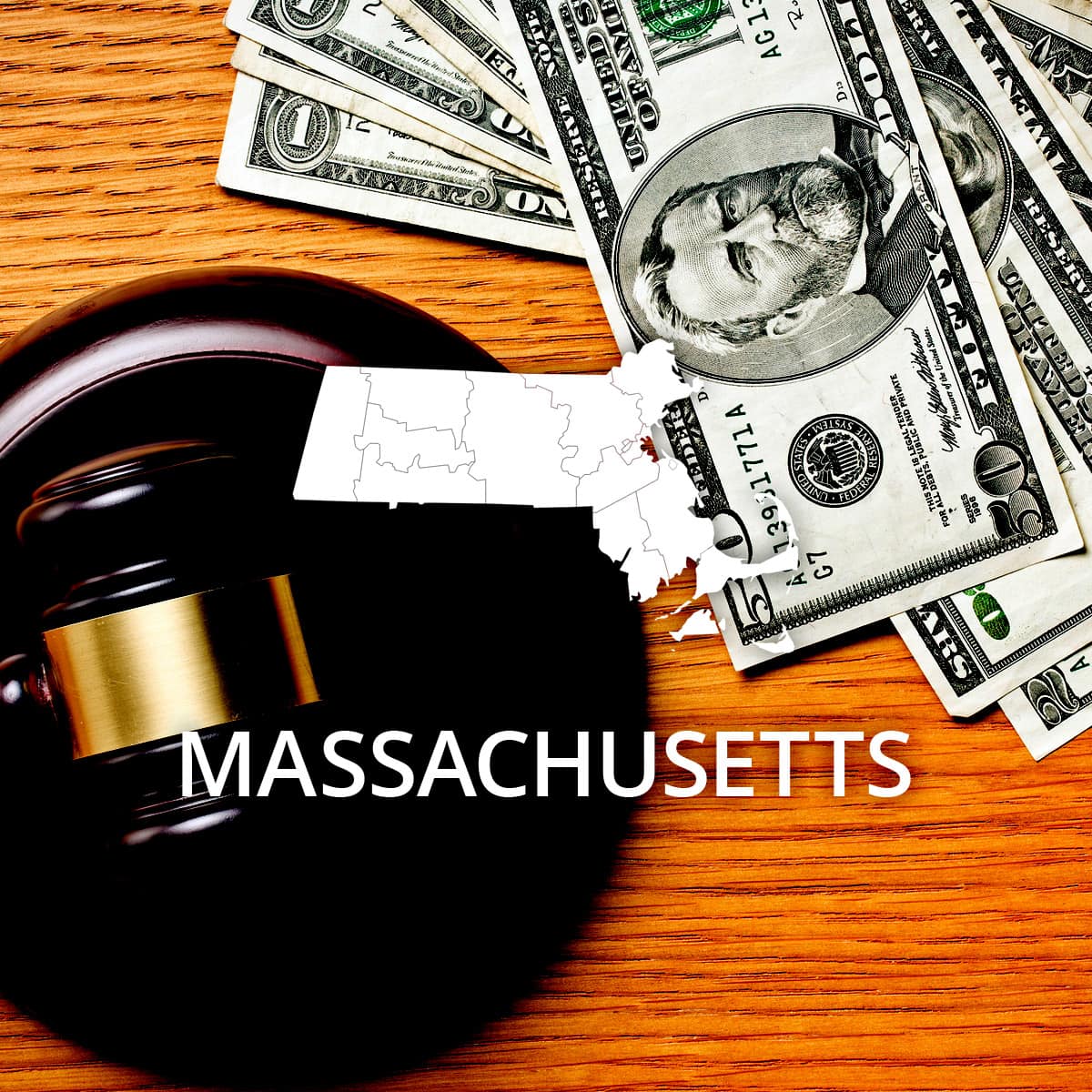 Multiple Bankruptcies: How Often You Can File One?
Multiple Bankruptcies: How Often You Can File One?
Table of Contents
 How to File Bankruptcy in Massachusetts
How to File Bankruptcy in Massachusetts
 According to the 2005 Bankruptcy Act, all district courts must adhere to federal guidelines for bankruptcy. There are three courts in Massachusetts that can preside over these types of cases. Most often heard are Chapter 7, Chapter 11, Chapter 12 and Chapter 13 these are the main types of bankruptcies for which a petitioner or business may file in Massachusetts.
According to the 2005 Bankruptcy Act, all district courts must adhere to federal guidelines for bankruptcy. There are three courts in Massachusetts that can preside over these types of cases. Most often heard are Chapter 7, Chapter 11, Chapter 12 and Chapter 13 these are the main types of bankruptcies for which a petitioner or business may file in Massachusetts.
 Types of Bankruptcy and Terms
Types of Bankruptcy and Terms
First is Chapter 7 which is an attractive option for those who wish to eliminate as much debt as possible. The petitioner, however, is required to forfeit possessions that are non-exempt for the repayment of some outstanding debt. Non-dischargeable debt, like child support and back taxes remain the responsibility of the petitioner even after bankruptcy.
If an individual or married couple wishes to keep many of their assets, including their car and home, they might choose to file Chapter 13 bankruptcy. With Chapter 13, the assets are protected as long as the filer pays the agreed upon amount over the 3 to 5 year repayment term.
Chapter 11 is similar because it reorganizes the debt, except in this case it is for a business petitioning for debt relief. Often the assets of the business can be kept intact and the business operational while repaying debt over a 3 to 5 year period. Similar but specifically aimed at family farmers and fishermen are Chapter 12 bankruptcies.
Official bankruptcy forms for the U.S. Bankruptcy Courts are available at https://www.uscourts.gov/forms/bankruptcy-forms or RecordsFinder.com Court Forms Section.
 Steps to Filing Bankruptcy
Steps to Filing Bankruptcy
Credit counseling is required of all who file for bankruptcy according to the 2005 Bankruptcy Act. If the debtor feels that bankruptcy is the correct option for them, there are several more steps to complete the process.
The first step is to determine for which type of bankruptcy a petitioner is eligible. This is done by the way of a Means Test. The Means Test compares the individual's income over the last 6 months with the rest of the wage earners in Massachusetts. If the income is below the median, a petitioner can file for Chapter 7 or Chapter 13 bankruptcy. Higher income individuals have the option of Chapter 13 only.
Next it is imperative to prepare the necessary documents for the court. These include, but are not limited to: tax returns from the last 2 years, records of recent major financial transactions, deeds to property, vehicle titles, and a list of all debts, an inventory of possessions, monthly expenditures and all loan information.
This information, plus the forms required of the court, along with a Chapter 13 debt repayment schedule is submitted to the court and referred to as "the schedule." Some petitioners choose to have legal counsel when filing for bankruptcy, others file on their own. The cost to file for Chapter 7 is $306 and can sometimes be waived by the court. A Chapter 13 bankruptcy requires $281 and cannot be waived. Of course, all lawyer fees are the responsibility of the petitioner.
Once the court has reviewed the case, an automatic stay is issued. This prevents any creditors from contacting the debtor and halts the process of foreclosure. A court appointed trustee will then use any non-exempt assets to relinquish to creditors to repay debt. The trustee is also responsible for hosting a 341 meeting which allows the creditors and petitioner to negotiate terms. If no agreement can be made, a judge will intervene.
Lastly, all petitioners for bankruptcy are required to complete a financial management class approved by the court. Those who file for Chapter 13 must also continue to make payments as agreed upon in the hearing.
 Location Specific Information
Location Specific Information
Massachusetts is home to three 3 District Bankruptcy Courts. One court is located in Boston, at the John W. McCormack Post Office and Court House, 5 Post Office Square, Suite 1150, Boston, MA 02019-3945. A second location can be found at the Donohue Federal Building, 595 Main Street, Room 211, Worcester, MA 01608-2076. Lastly the court in Springfield is positioned at 300 State St., Springfield, MA 01105.




